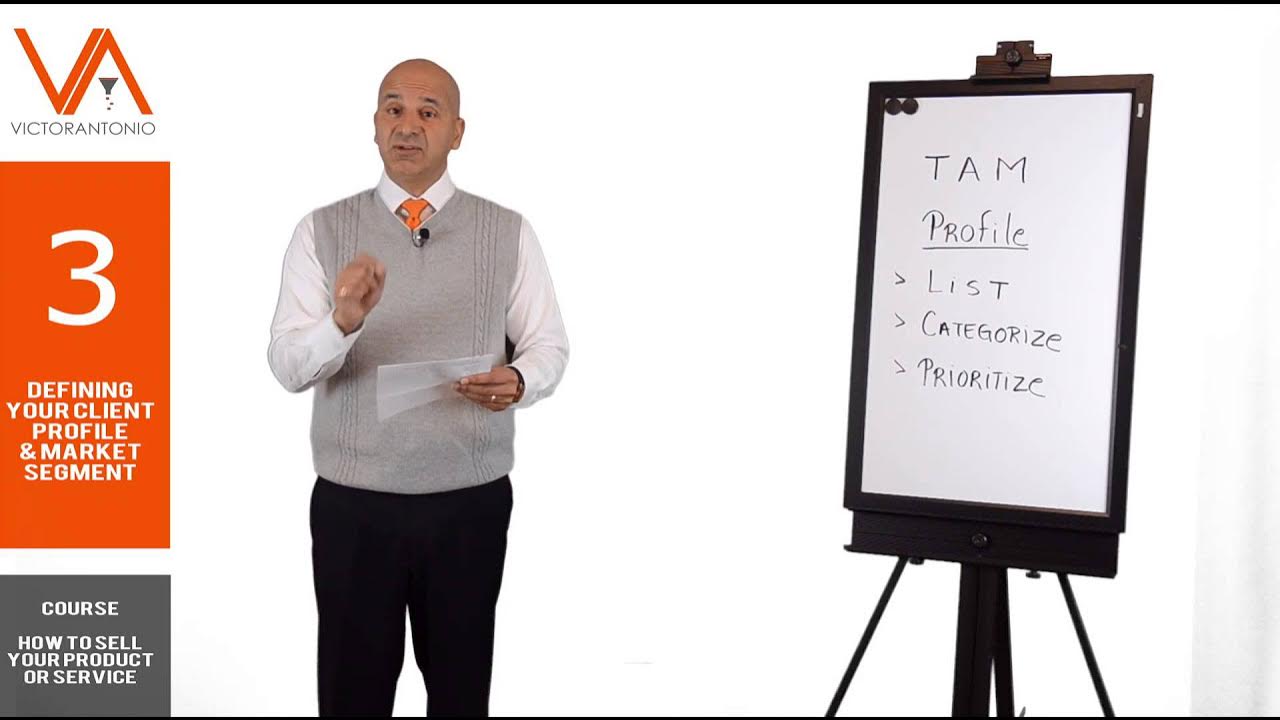Comparison between B2B and B2C sales
Summary
TLDRThis script explores the distinctions between B2B (Business-to-Business) and B2C (Business-to-Consumer) sales, highlighting their common goal of exchanging goods and services but differing in target audience, purchase value, sales cycle, relationship building, marketing, and payment terms. B2B transactions are characterized by higher purchase values, longer sales cycles, and a focus on long-term relationships, often involving negotiations and credit extensions. In contrast, B2C transactions are smaller, quicker, and more transactional, with marketing strategies that tap into consumer emotions and trends. Understanding these differences is crucial for business strategy, especially for B2C businesses like Planet Spark.
Takeaways
- 📚 B2B stands for 'Business to Business' and B2C stands for 'Business to Consumer', with the common goal of exchanging goods and services but different operational approaches.
- 🏢 The target audience for B2B is other businesses, exemplified by one company purchasing components from another, while B2C involves businesses selling directly to individual consumers.
- 💰 B2B transactions typically have a higher purchase value due to bulk buying for operational needs, whereas B2C transactions are usually smaller and for personal use.
- ⏳ The sales cycle in B2B is generally longer and more complex, involving multiple stakeholders and approvals, while B2C has a shorter, more straightforward cycle with quicker consumer decisions.
- 🤝 Relationship building is crucial in B2B, focusing on long-term partnerships and ongoing support, whereas B2C transactions are more transactional, though brands still aim to build lasting connections.
- 🎯 B2B marketing uses targeted strategies addressing specific business needs and challenges, often involving content marketing and professional networks, while B2C marketing is consumer-centric, leveraging social media and influencer marketing.
- 💼 Payment terms in B2B are usually negotiated, allowing for invoices, installment plans, or other customized arrangements, reflecting the credit extension between businesses.
- 🛒 B2C transactions are typically immediate, with various payment options available such as credit cards, digital wallets, or buy now pay later services.
- 🔑 Understanding the differences between B2B and B2C is essential for business comprehension and strategic planning.
- 🌟 The script emphasizes the importance of adapting marketing and sales strategies according to whether the business model is B2B or B2C.
- 🚀 The example of Planet Spark being a B2C business highlights the need to tailor business practices to the specific customer base and sales model.
Q & A
What is the primary goal of both B2B and B2C sales?
-The primary goal of both B2B (Business to Business) and B2C (Business to Consumer) sales is to exchange goods and services.
How does the target audience differ between B2B and B2C transactions?
-In B2B transactions, the target audience consists of other businesses, whereas in B2C transactions, the target audience is individual consumers.
What is an example of a B2B transaction?
-An example of a B2B transaction is when a manufacturer, like Apple, purchases components from another company, such as Samsung.
What is an example of a B2C transaction?
-An example of a B2C transaction is when a consumer buys a cup of coffee from a local cafe, directly from the business.
Why are B2B purchase transactions typically larger than B2C transactions?
-B2B purchase transactions are typically larger because businesses often buy in bulk to meet their operational needs.
How does the sales cycle differ between B2B and B2C?
-The B2B sales cycle is generally longer and more complex, involving multiple decision-makers and negotiations, while the B2C sales cycle is shorter and more straightforward.
Why are long-term relationships important in B2B sales?
-Long-term relationships are important in B2B sales because they represent ongoing partnerships, and companies invest time and effort in understanding and adapting to the evolving needs of their business clients.
How does relationship building differ between B2B and B2C?
-In B2B, relationship building focuses on long-term partnerships and ongoing support, while in B2C, relationships are more transactional, with brands striving to build connections through loyalty programs, personalized marketing, and excellent customer service.
What are some key marketing strategies in B2B?
-Key B2B marketing strategies include targeted approaches focusing on specific business needs and challenges, utilizing content marketing, industry events, and professional networks.
How does B2C marketing differ from B2B marketing?
-B2C marketing is more consumer-centric, tapping into emotions, trends, and lifestyle choices, often using social media, influencer marketing, and advertising campaigns.
What are typical payment terms in B2B transactions?
-In B2B transactions, payment terms are usually negotiated and can involve invoices, installment plans, or other customized arrangements, with businesses often extending credit to each other.
How do payment methods differ between B2B and B2C?
-B2C transactions are typically immediate, with consumers using various payment options like credit cards, digital wallets, or buy now pay later services, whereas B2B payment terms are more flexible and may involve credit extensions.
Outlines

Cette section est réservée aux utilisateurs payants. Améliorez votre compte pour accéder à cette section.
Améliorer maintenantMindmap

Cette section est réservée aux utilisateurs payants. Améliorez votre compte pour accéder à cette section.
Améliorer maintenantKeywords

Cette section est réservée aux utilisateurs payants. Améliorez votre compte pour accéder à cette section.
Améliorer maintenantHighlights

Cette section est réservée aux utilisateurs payants. Améliorez votre compte pour accéder à cette section.
Améliorer maintenantTranscripts

Cette section est réservée aux utilisateurs payants. Améliorez votre compte pour accéder à cette section.
Améliorer maintenantVoir Plus de Vidéos Connexes

Bedakan B2B, B2C, dan C2C untuk Kesuksesan Bisnis Pemula

Difference Between B2B and B2C Lead Generation | B2B vs B2C Lead Generation | #4

What is B2B Marketing? | From A Business Professor

What is E-Commerce?

How to Sell Your Product or Service - Market Segment & Client Profile (Part 3 of 11)

BUS-203 Module 10: E-Commerce: Digital Markets, Digital Goods
5.0 / 5 (0 votes)
